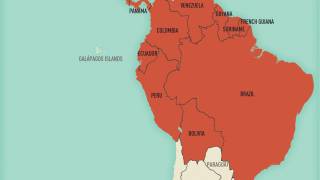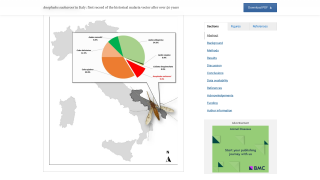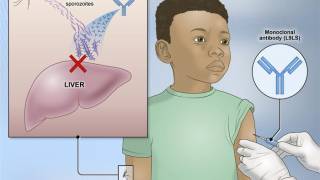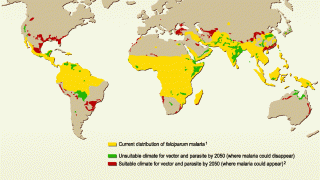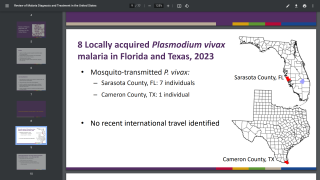Can Malaria Vaccine Mosquirix Save More Children?
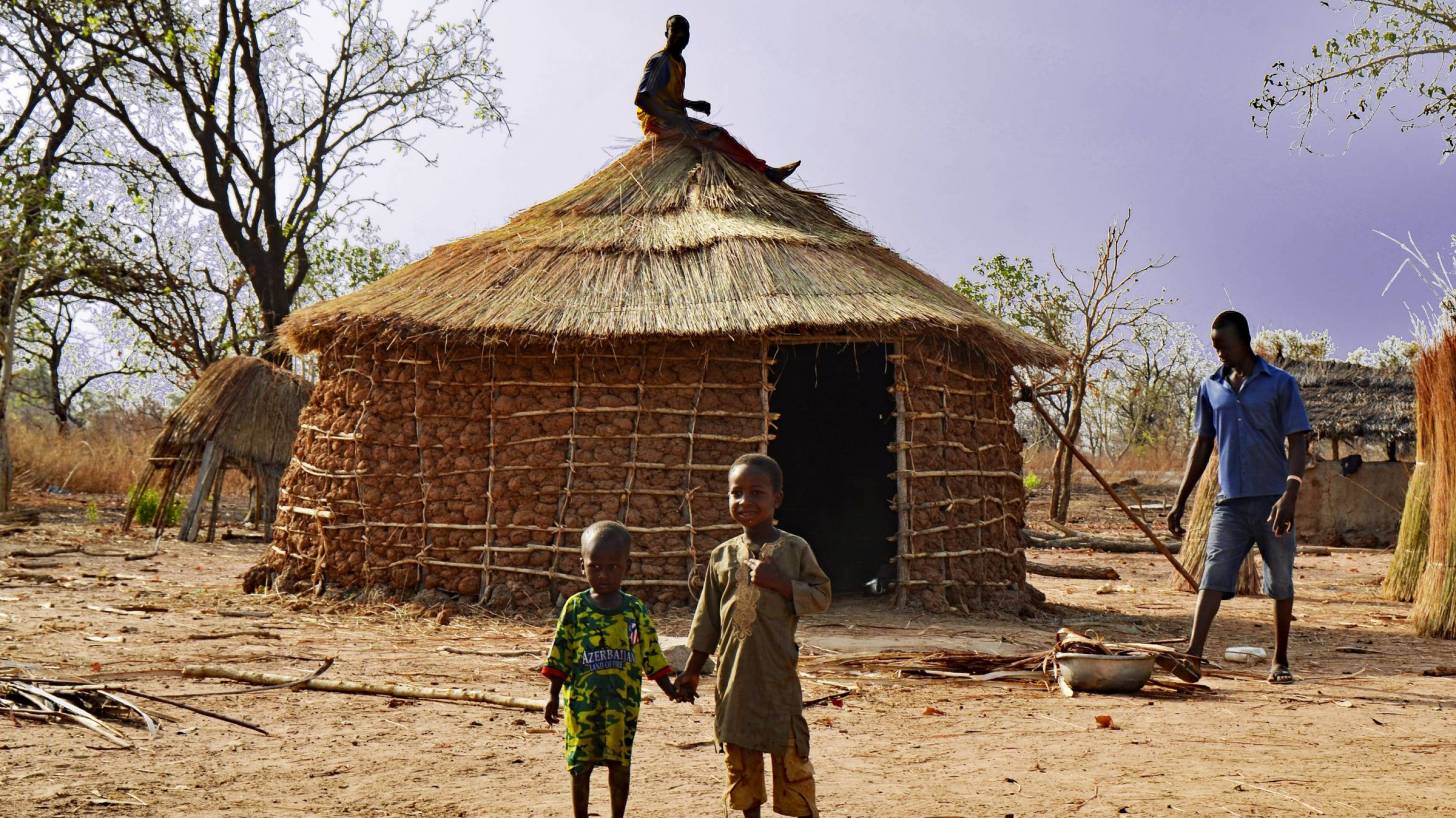
Three central African countries are launching the world’s 1st malaria vaccine in a landmark child vaccination program.
Malawi, Ghana, and Kenya are the central African countries in which the Mosquirix™ (RTS,S/AS01) vaccine will be made available to 360,000 children up to 2 years of age, each year during this vaccination program.
Thirty years in the making, Mosquirix is the first, and to date, the only, vaccine that has demonstrated it can significantly reduce malaria in children.
In phase 3 clinical trials, Mosquirix was found to prevent approximately 4 in 10 malaria cases, including 3 in 10 cases of life-threatening severe malaria.
The World Health Organization (WHO) Director-General Dr. Tedros Adhanom Ghebreyesus said in a statement, “The malaria vaccine RTS,S/AS01 has the potential to save tens of thousands of children’s lives.”
Malaria remains one of the world’s leading killers, claiming the life of 1 child every 2 minutes. Most of these deaths are in Africa, where more than 250,000 children die from the disease every year.
In the USA, about 1,700 cases of malaria are diagnosed each year. The vast majority of cases in the USA are in travelers and immigrants returning from countries where malaria transmission occurs, says the Centers for Disease Control and Prevention (CDC).
Malaria transmission is not distributed homogeneously throughout all countries. Some destinations have malaria transmission occurring throughout the whole country, while in others it occurs in defined pockets.
If travelers are going to the highly endemic pockets during peak transmission times, even though the country as a whole may be a low transmission, this destination for this individual may be high risk.
Moreover, malaria infections in pregnant women can be more severe than in nonpregnant women.
Malaria can increase the risk for adverse pregnancy outcomes, including prematurity, abortion, and stillbirth, says the CDC.
For these reasons and because no chemoprophylactic regimen is completely effective, women who are pregnant or likely to become pregnant should be advised to avoid travel to areas with malaria transmission if possible.
If travel to a malarious area cannot be deferred, the use of an effective chemoprophylaxis regimen is essential. Depending on the destination, this is usually either chloroquine or mefloquine, says the CDC.
The RTS,S vaccine is a complementary malaria control tool – to be added to the core package of WHO-recommended measures for malaria prevention, including the routine use of insecticide-treated bed nets, indoor spraying with insecticides, and the timely use of malaria testing and treatment.
For additional insights related to malaria risks, the CDC suggests speaking with a travel vaccine expert at least 30 days prior to traveling abroad. Travel counseling sessions can be scheduled at Vax-Before-Travel.
Recent malaria news articles:
- University of Chicago’s Malaria Vaccine Shows Greater Immune & Antibody Responses
- New Long-Lasting Malaria Vaccine Approach Identified
- Severe Malaria Treatment Changed in the USA
Financing for this vaccination program has been mobilized through three key global health funding bodies: Gavi, the Vaccine Alliance; the Global Fund to Fight AIDS, Tuberculosis, and Malaria; and Unitaid. Additionally, WHO, PATH and GSK are providing in-kind contributions.
Relevant Links: CDC vaccination schedules, CDC vaccine price list, international travel alerts, and report vaccine side effects.
Our Trust Standards: Medical Advisory Committee













